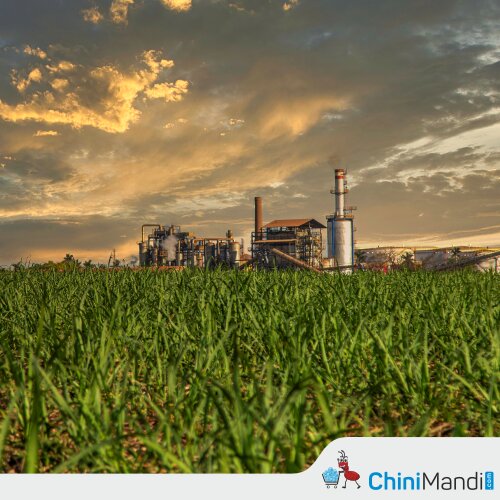The Sugar Act, signed into law in November 2024, has been welcomed by private sugar millers as a major step toward revitalizing Kenya’s struggling sugar industry. The new law, introduced under President William Ruto’s administration, aims to tackle key issues such as declining productivity, cheap imports, and outdated policies that have hindered the sector’s growth.
The Act reinstates the Kenya Sugar Board, the Sugar Development Levy, and a Sugar Research and Training Institute to restore the once-thriving industry. Millers believe these measures will help turn around fortunes for farmers and other stakeholders. “President Ruto’s focus on reforming agriculture aligns with the Act’s goals of improving food security, boosting production, and reducing dependency on imports,” said Kwale Sugar Company Limited (Kiscol) in a statement.
The Act also emphasizes modern and sustainable practices. Kiscol highlighted its efforts to align with these principles, operating a mill capable of processing 3,300 tonnes of sugarcane per day and managing a 5,000-hectare estate. The company has also invested in water conservation, biomass energy, and efficient processing methods. “Kiscol’s approach reflects the innovation and modernisation promoted by the Sugar Act,” the company stated.
The miller’s out-grower programme supports over 1,200 local farmers by providing essential farming inputs, training, and guaranteed markets for their produce. “This programme directly supports the Act’s commitment to improving rural livelihoods and enhancing food security,” Kiscol added.
One of the Act’s key goals is addressing the issue of cheap sugar imports, which have undermined local producers. The government’s pledge to limit imports and stabilise sugar prices is expected to protect farmers and strengthen Kenya’s position in global markets. “By focusing on quality and efficiency, Kiscol is well-positioned to compete internationally and contribute to Kenya’s sugar exports,” the company said.
The Sugar Act provides structured funding for industry development. Revenue will come from National Assembly allocations and a levy on sugar, capped at 4% of its value. Funds will be allocated to factory development (15%), research (15%), sugarcane productivity (40%), infrastructure (15%), Board administration (10%), and farmer organisations (5%).
The Act also establishes the Kenya Sugar Research and Training Institute Board, a nine-member group led by a Cabinet Secretary appointee. This board will advance research, promote innovation, and improve access to sugar technologies. A five-member Sugar Arbitration Tribunal will be set up within 90 days to resolve disputes in the industry, with provisions for appeals.












